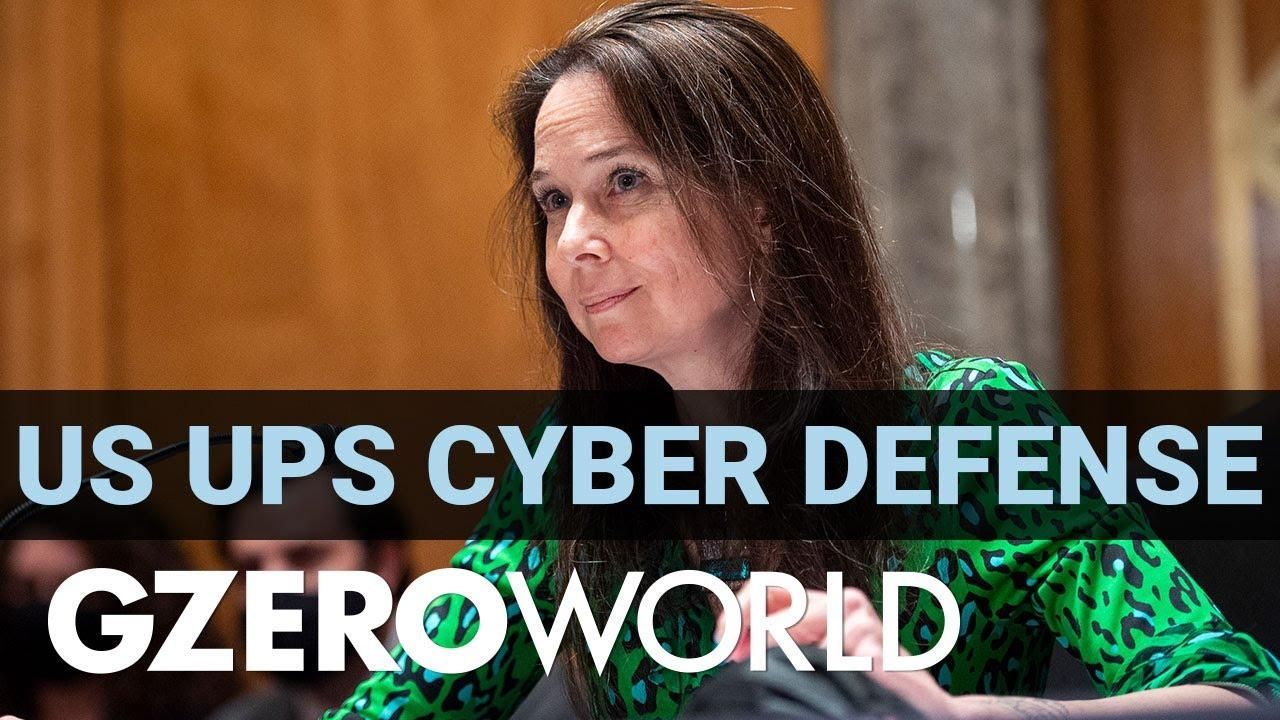Will the US be able to withstand cyber attacks on critical infrastructure?
August 18, 2022

Will the US Be Able to Withstand Cyber Attacks on Critical Infrastructure? | GZERO World
The US Cybersecurity and Infrastructure Security Agency was set up in 2018 to help protect America's critical infrastructure.
It might sound like a technical term, but CISA chief Jen Easterly explains that critical infrastructure is how we get water, power, gas — even food at the grocery store. And 80% of it is operated by the private sector.
So, how does the agency help businesses defend themselves from hackers?
"In cybersecurity, the federal government is just a partner ... so we all have to work together to drive down risk to the nation," Jen Easterly tells Ian Bremmer on GZERO World.
From Your Site Articles
- Does Jeh Johnson consider Russia's cyber attack against the US to ... ›
- Podcast: Lessons of the SolarWinds attack - GZERO Media ›
- SolarWinds hack a wake-up call to the tech sector - GZERO Media ›
- Biggest cybersecurity threat to watch in 2022 - GZERO Media ›
- A (global) solution for cybercrime - GZERO Media ›
- Hackers, Russia, China: cyber battles & how we win - GZERO Media ›